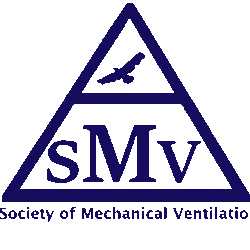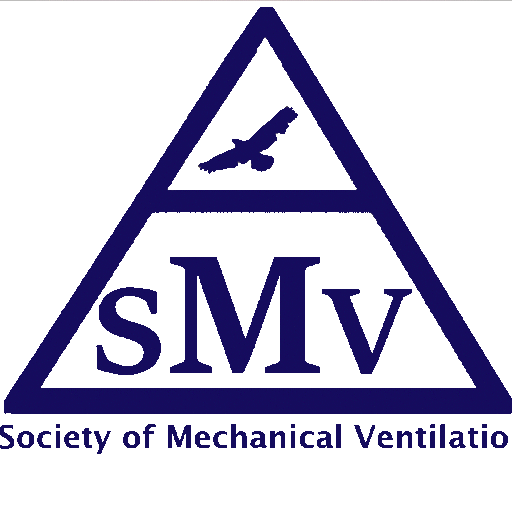
ICU nurses are the highly trained stables of an ICU. They spend most of their time providing direct patient care and offer first line defense to patients who are usually tangled in a mesh of multiple pumps, life saving devices and monitors.
One of the most important machine in the room is possibly the mechanical ventilator.
So, what is the role of a nurse when it comes to the ventilator?
Traditionally in the United States, the ventilator is considered a property of the respiratory therapists. Any issue or alarm of the ventilator triggers a call to the respiratory therapist to troubleshoot a problem. However, some of those alarms or issues might be so emergent that there is not enough time to call a respiratory therapist especially when not directly available in the ICU or if he or she is stuck in another procedure.
The ventilator is a complex machine with different modes, settings, and alarms that respiratory therapists have gone through rigid training in a two or four-years college to master the skill.
Nevertheless, nurses have their own critical roles at the ICU, and are not practically trained on the ventilator, and clinical experience might vary.
We believe training ICU nurses on the basic modes of a ventilator can greatly benefit the patients. Teaching them the basic operation of a ventilator (e.g. what the different alarms mean, how to troubleshoot those issues etc.) are not intended to overburden the already busy nurses, but to empower them to take on a more active role in the patients’ welfare.
It might help their patients wean and get liberated off the ventilator faster and safer.
We believe education and knowledge is power. At SMV, we will offer educational materials designed specifically for this purpose. With that said, lets improve our knowledge to save lives.

